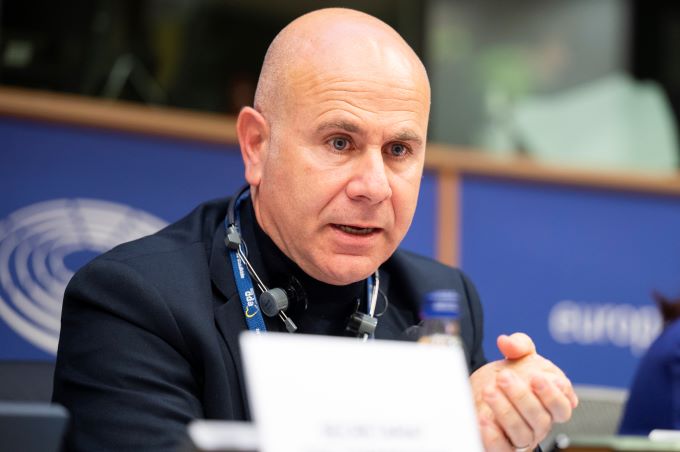On Wednesday, MEPs approved (with 19 votes in favour, two against, and six abstentions) the draft report prepared by the Chair of the Committee on Constitutional Affairs, Salvatore De Meo (EPP, IT), that would amend the EP rules of procedure. The report reflects the output of the relevant working group set up by the Conference of Presidents in January 2023.
Improving the legislative process
In order to achieve better negotiating outcomes and strengthen Parliament’s democratic role, MEPs want future demands by Parliament for legal acts to be produced by the Commission to include an assessment of their financial implications, and include specific references to the legal basis to be employed. MEPs also want to hold the Commission accountable more effectively when it does not follow up on such a demand in a timely manner, by introducing a concrete timeframe for Commissioners to appear in Parliament for this reason.
More democratic scrutiny
Seeking to increase Parliament’s responsiveness, MEPs want to introduce special public hearings to put questions to Commissioners on issues of major political importance on the one hand, and ad hoc plenary sessions on the other, during which no voting sessions may take place. A special session will be expected to be held with the Commission President or selected Commissioners, without a pre-defined theme, once per plenary. MEPs also want to enhance democratic checks on the Commission’s decisions for emergency measures under Article 122 TFEU by introducing a parliamentary scrutiny element.
The draft report envisions a more effective process to scrutinise an incoming College of Commissioners, for example by inviting the President-elect to inform Parliament on the planned structure of the new Commission and its gender balance, in addition to the allocation of portfolios. Further, the confirmation hearing process is restructured, and the Committee on Legal Affairs will have an obligation to inform the committee(s) involved in a confirmation hearing of any finding on declarations of interest that may be relevant.
Streamlining internal procedures
As for legislative files, the draft report streamlines their allocation to committees and introduces a more effective mechanism to resolve competence issues, while limiting the committees involved to up to three. The new rules foresee the option for the Conference of Presidents to propose a temporary legislative committee, when it becomes clear that there would be more than three competent committees for a file. Organising trilogues is also made simpler, to accommodate for the absence of key MEPs – e.g. the Chair of the competent committee, who would normally preside over Parliament’s negotiating team. Accelerated legislative procedures are also to be introduced, so that some files can be prioritised at committee level, and rules on preparatory steps are made more proactive, e.g. by appointing rapporteurs and opening the procedure for draft amendments earlier.
To make plenary debates more engaging, time may be allocated to a political group as a block, during which the Chair will be limited to ensuring appropriate conduct. Members will be encouraged to sit at the front of the Chamber, while being expected to be present for the debate and not just their speech. Specific provisions are made for more flexibility in allocating speaking time.
Finally, MEPs seek to improve procedures on parliamentary missions by naming the Conference of Presidents as the authorising body.
The draft report is expected to be tabled at the April II (22 – 25 April) plenary session in Strasbourg. For the changes relating to interinstitutional procedures to be implemented, the 2010 Framework Agreement between the Parliament and the Commission will have to be revised – a procedure already initiated by President Roberta Metsola.

